
 (55) 5655 6024
(55) 5655 6024
 http://www.tlalpan.gob.mx/
http://www.tlalpan.gob.mx/
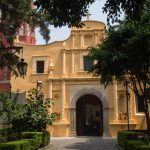
Nearest at 0.06 kms.
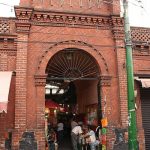
Nearest at 0.06 kms.
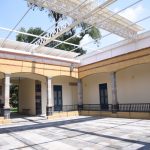
Nearest at 0.07 kms.
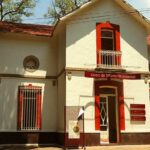
One of Chapultepec's more sublime historic homes is a cultural center, too.
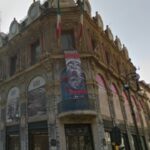
One of Avenida Madero's most famous corners . . .
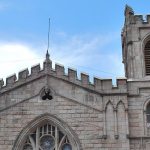
A historic Methodist church on the Avenida Balderas . . .
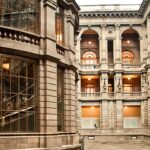
The National Art Museum in Mexico City's Centro Histórico is always going to be a holiday highlight.
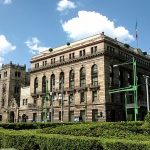
A sublime Italian Renaissance style has greeted passersby for nearly 120 years. Here's what it's about.